June 23, 2021
Stefano Comazzetto, Ph.D., is a European Molecular Biology Organization (EMBO) fellow and a postdoctoral researcher in the Morrison lab. In CRI, he is studying blood-forming stem cells and how metabolites regulate blood stem cell function and hematopoiesis.
What are you researching?
I am interested in understanding the mechanisms that regulate the function of blood stem cells, known as hematopoietic stem cells (HSCs). HSCs reside in specialized locations throughout the bone marrow and give rise to the different types of mature blood cells we need throughout life. The self-renewal mechanisms that promote HSC function are often hijacked by cancer cells during the development and progression of cancer. A better understanding of these mechanisms offers the potential for new regenerative medicine and cancer therapies.
We recently discovered that low levels of ascorbate (vitamin C) promote HSC function and collaborate with other mutations in the progression of myeloid leukemias. In light of these results, I am investigating how ascorbate regulates HSC function using a combination of genetics and molecular biology techniques. Given that vitamin C levels in the plasma vary widely in the American population depending on the diet, this project has potentially relevant implications for public health, particularly for cancer patients who often have low levels of vitamin C.
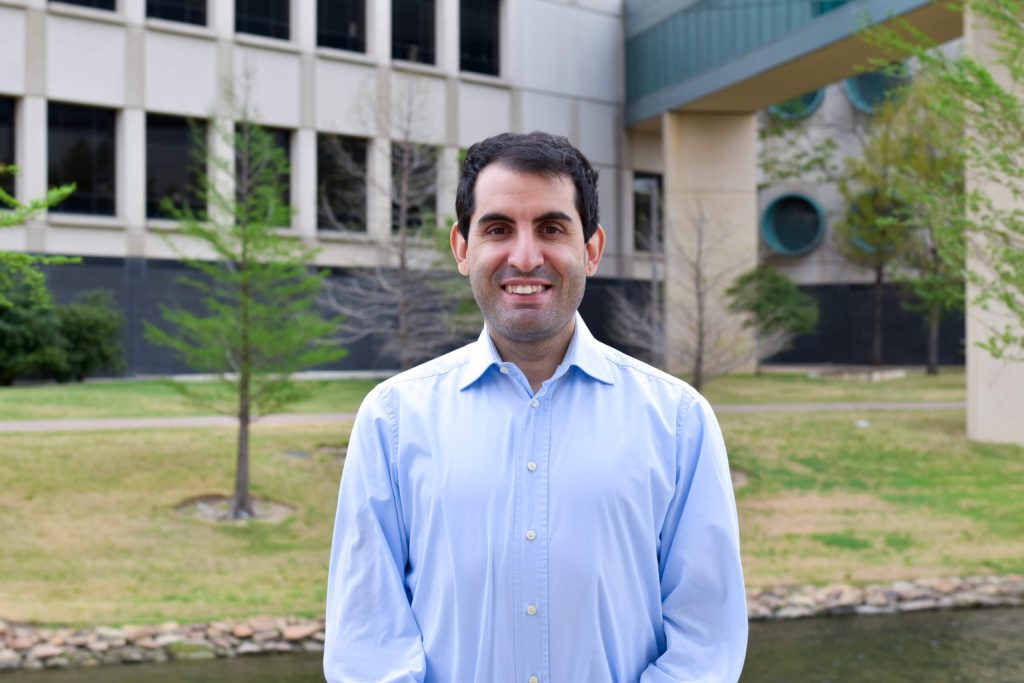
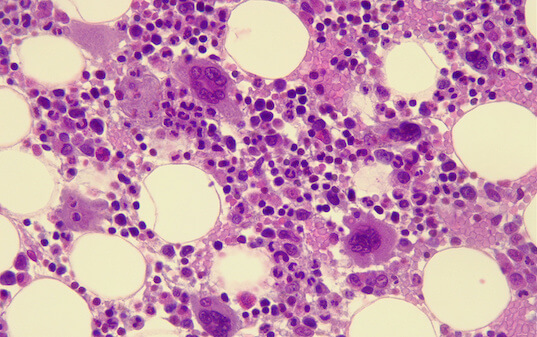
How did you become interested in your field?
Growing up I became interested in science by watching an educational cartoon that described the “life” of cells in the body. I was fascinated by the different cell types present in our blood, which were shown fighting against ‘evil’ bacteria and viruses in the cartoon. During my university years, I was drawn to the field of stem cell biology. I was amazed by how a single stem cell is able to self-renew, perpetuating itself almost indefinitely, and can give rise to so many specialized cells that carry out different functions in our body. It was amazing to me that the transplant of just a few healthy blood stem cells could cure people with severe immunodeficiency. I decided to follow my curiosity and investigate the mechanisms that regulate the ability of blood stem cells to regenerate the entire blood system.
What do you enjoy most about your research?
There are several aspects of research that I enjoy. First, I am excited to study how metabolites we derive from our diet, like vitamin C, can impact the function of blood stem cells. This is a very challenging task since we need to be able to first measure these metabolites in blood stem cells, which is difficult to do because these cells are so rare! Second, I enjoy that I can combine my knowledge of genetics with my metabolism studies to precisely pinpoint which proteins or genes are affected by changes in levels of distinct metabolites. Last but not least, I enjoy working with my colleagues in the lab and institute. They are all extraordinary and passionate scientists, and I like having scientific discussions and sharing a laugh with them.
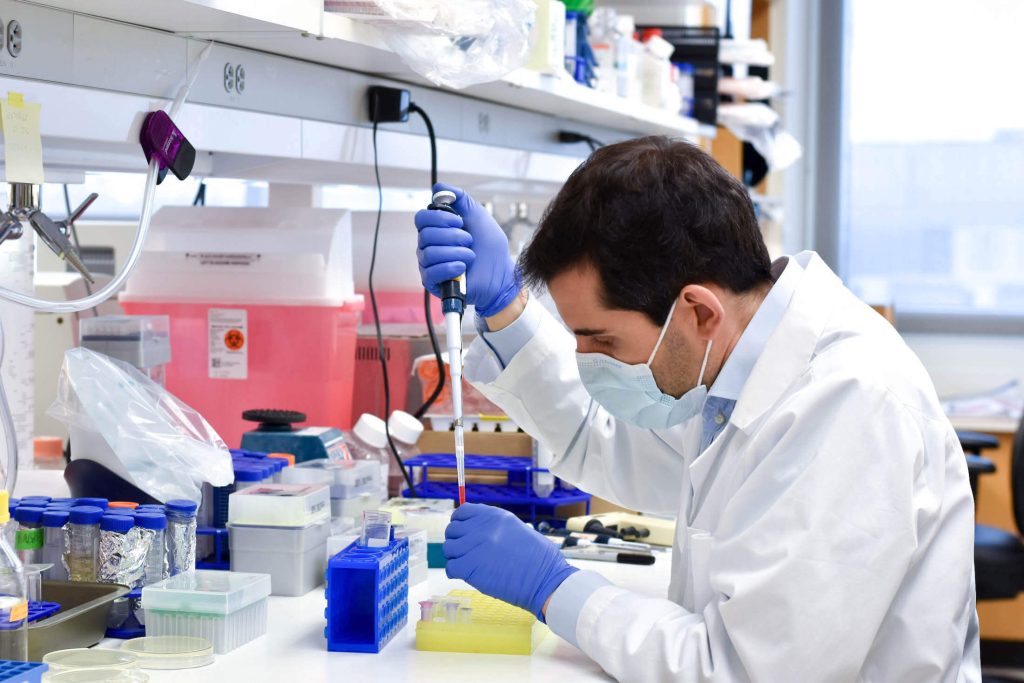
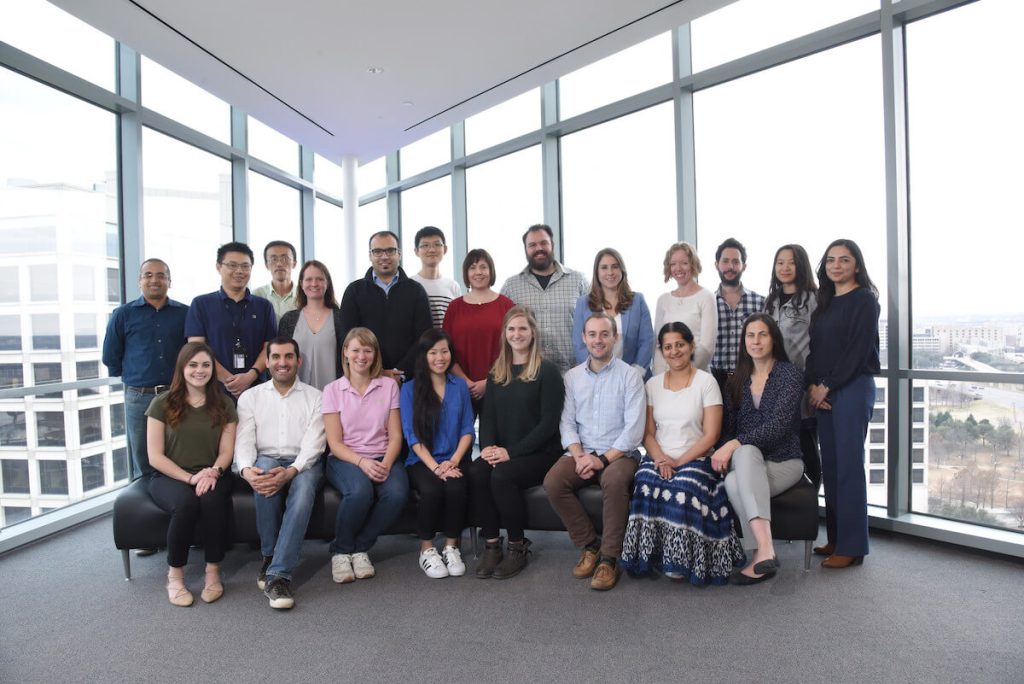
What is the most valuable thing you’ve learned from people in your lab?
Teamwork. I believe that scientific discoveries can arise from the intuition or the vision of a single person, but discussing these ideas with your fellow scientists is an invaluable tool to refine them. In addition, teamwork is needed for the generation of the data necessary to support and demonstrate such ideas because science is very multidisciplinary nowadays, and every project requires the effort of highly knowledgeable and specialized people.
What do you like to do when you’re not in the lab?
I am a big soccer fan and have enjoyed playing recreational soccer. I played on a team for several years after moving to Dallas. Unfortunately, I had to stop playing soccer in recent years due to an injury and the pandemic. I still keep active playing tennis, which is another sport I enjoyed playing while growing up.
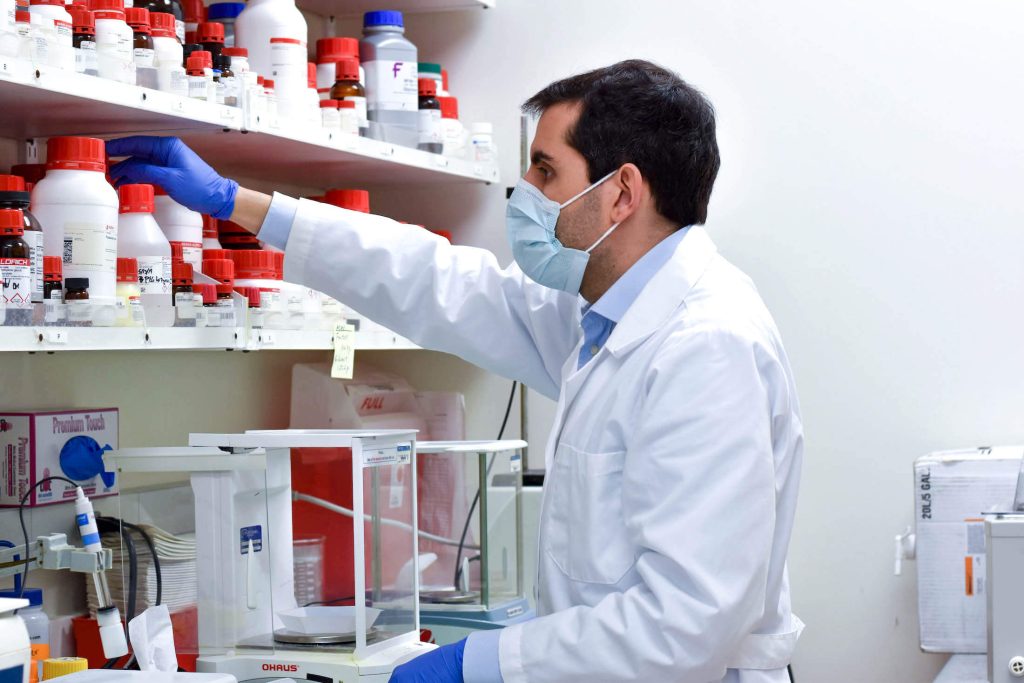
© 2026 Children’s Research Institute Dallas Texas | Privacy | Site Policies